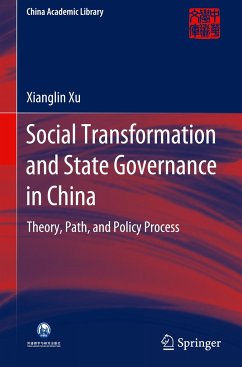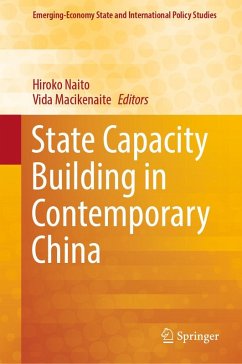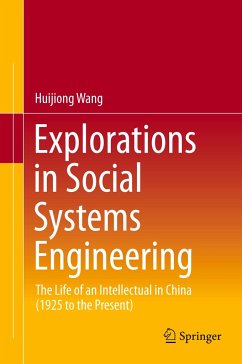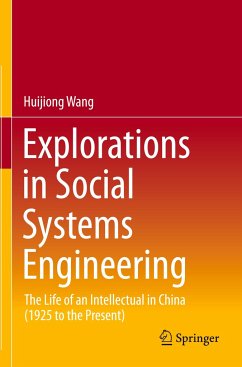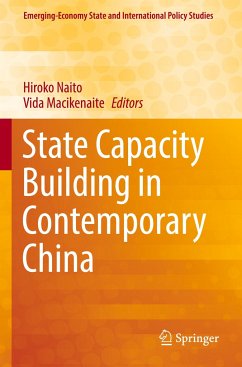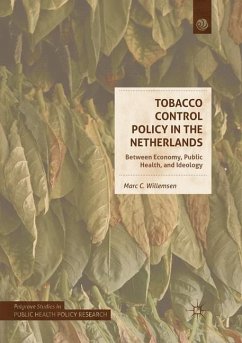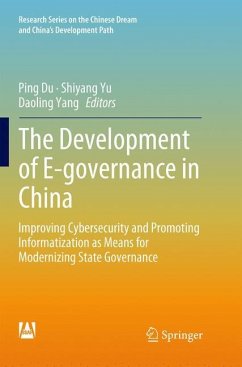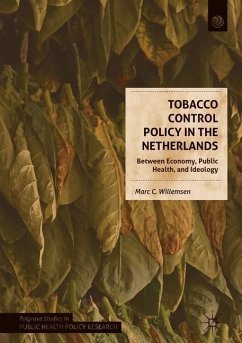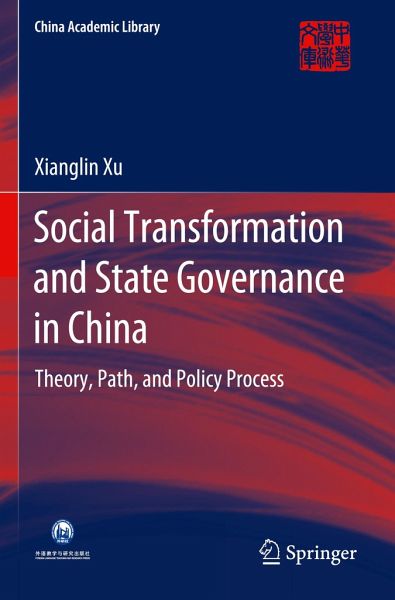
Social Transformation and State Governance in China
Theory, Path, and Policy Process
Versandkostenfrei!
Versandfertig in 6-10 Tagen
38,99 €
inkl. MwSt.
Weitere Ausgaben:

PAYBACK Punkte
19 °P sammeln!
This volume is a selection of Chinese political scholar Xianglin Xu's published works spanning nearly 20 years of research that explore and discuss the socio-economic transition in China under state political reform. Contextualized within the decades following the 80s, the author analyzes patterns observed from empirical studies, and breaks down the underlining reasoning, conditions and functionalities behind the incremental reform policies pushed forward by the Party and government.The collection is broken up into four sections: the first provides a general framework and theoretical / histori...
This volume is a selection of Chinese political scholar Xianglin Xu's published works spanning nearly 20 years of research that explore and discuss the socio-economic transition in China under state political reform. Contextualized within the decades following the 80s, the author analyzes patterns observed from empirical studies, and breaks down the underlining reasoning, conditions and functionalities behind the incremental reform policies pushed forward by the Party and government.
The collection is broken up into four sections: the first provides a general framework and theoretical / historical introduction to social transition research in the case of China; the second section discusses the underpinning logic behind political reform in China and practical concerns; the third section follows with discussions on reform policy practices within China including application and trajectory; the final section concludes with an analysis of reform within state institutional infrastructure and policy innovation.
The collection is broken up into four sections: the first provides a general framework and theoretical / historical introduction to social transition research in the case of China; the second section discusses the underpinning logic behind political reform in China and practical concerns; the third section follows with discussions on reform policy practices within China including application and trajectory; the final section concludes with an analysis of reform within state institutional infrastructure and policy innovation.



